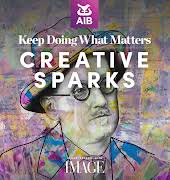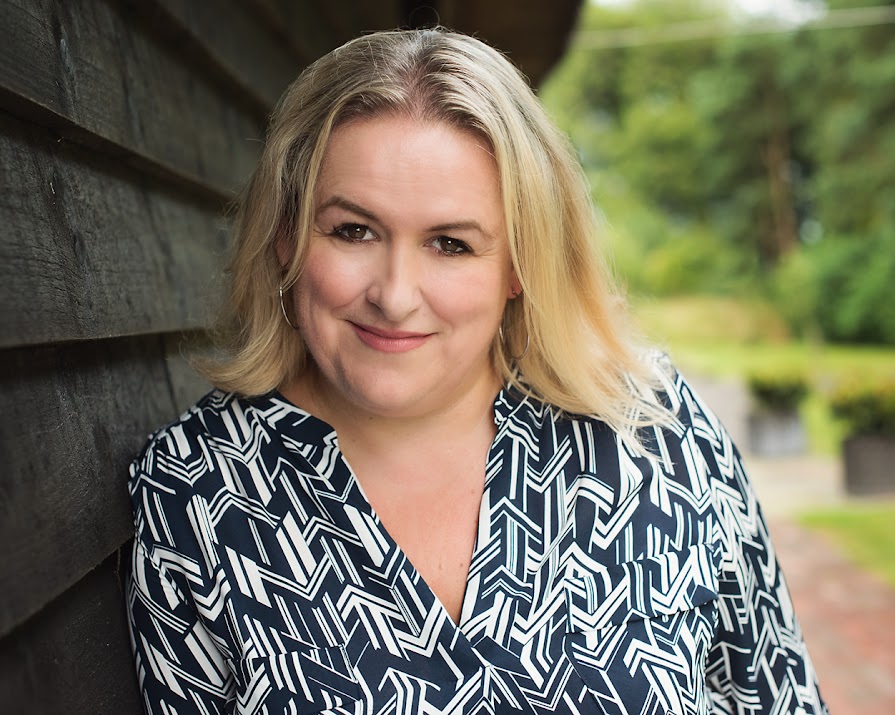
By IMAGE
04th Mar 2020
04th Mar 2020
Nobody can cross your boundaries unless you let them, writes Niamh Ennis
I’ve learned to say no. Finally.
Boundaries, or lack of them, seem to be a hot topic right now. I’m hearing people talk about setting boundaries for the first time and I like it.
Most of my clients are raising it in our sessions as they look to learn how on earth they can start saying no when they want to.
I don’t think it’s any great coincidence that we are all craving greater boundaries at a time when our boundaries are under massive attack from every part of our lives. This is a world where we are now contactable 24/7. Our bosses can email us at any hour; our families can track us down via WhatsApp, instant messaging or via a wide variety of platforms.
But let me start by saying this: nobody can cross your boundaries unless you let them. That’s the truth.
Yes, people might have greater access to us, and yes we are open to receiving more requests and demands on our time, but nobody responds for us but us. If you believe someone else is being over-demanding and completely taking you for granted (which they may be), you have to accept that for as long as you allow it to continue you are stuck in your own victim mindset.
If you’re allowing someone to push through your boundary that’s a choice YOU have made. Sometimes it can feel easier to maintain the victim mindset.
But refusing to take responsibility for our own lives, and our own boundaries, means we surrender what power and control we do have. We can silently blame the person, or people, in question which is what I always did, convincing myself that I was doing the right thing (meaning I was good) and they were taking me for granted (meaning they were bad).
The truth is that I was the one who was being irresponsible to myself by not carving out time and space to do exactly what I needed to show up more fully in my own life. Does this scenario resonate with you?
When I don’t take responsibility for my own boundaries I become angry, depleted and resentful. Without setting boundaries, I’m actually looking for others to set them for me. I’m simply waiting for them to offer me the thing I want, rather than me having to ask for it.
When you choose to stand your ground and hold a boundary, you’re choosing a life much closer to the one you want most
Then, when that doesn’t happen, I feel disappointed and lost.
When the disappointment fades I get angry not at myself but at them. But I hide it. When you choose to stand your ground and hold a boundary, you’re choosing a life much closer to the one you want most. When you find yourself ignoring your boundaries just to keep the peace, you’re choosing a life that is dictated by the wants and needs of others.
Once you acknowledge that you are solely responsible for your own boundaries, you’ll be able to see that you do indeed have options in almost every situation where you’ve previously felt cornered, stuck or out of control. It is also worth remembering that NOT setting a boundary is also a choice.
So why are we bad at setting boundaries? Truthfully, because we were never taught how to. For anyone who as a child was told that ‘being good meant keeping everyone around you happy’ the implied message is that those who had strong boundaries were selfish.
One of the main reasons I avoided setting boundaries for so long was that I assumed setting boundaries would cause conflict. I was afraid that doing anything to make others angry or disappointed in me would result in me being abandoned or left alone.
So I sacrificed myself and my needs and wants. I kept saying yes when inside I was screaming, ‘No, please leave me alone and stop asking me to do this, to go here, to give up that’.
But thankfully no more.
Those who have greatest difficulty in even considering setting boundaries are those who are in codependent relationships
I finally learned how to say no and, trust me, it feels great! Those who have greatest difficulty in even considering setting boundaries are those who are in codependent relationships. A codependent person is someone who checks the emotional temperature of others around them before they check their own.
Sound familiar? So how can you change? To set a boundary you must become very clear of your own desires and needs. What is it that YOU really want? What is it that matters so much to you that you are prepared to put a boundary in place to get it? Setting boundaries requires you to be vigilant and fully aware. It takes real commitment and, let’s be honest, it also takes nerve.
But with practice you can begin to feel far more comfortable in this space. When you allow yourself to become aware of where, and with whom, you are over-giving and over-servicing, you can then set boundaries to take better care of yourself and let others take responsibility for their own wellbeing.
How to set a boundary
Write down the boundary and list all of the reasons why you absolutely CAN’T set it.
List the likely outcomes that you’re most afraid will happen. Who is this going to be the hardest on?
How will you be once you set it? Will you be mean, selfish, stubborn, inflexible?
Start small. Get your practice in.
Now flip this on its head…
What will the advantages of setting this boundary be?
How will your life improve once the boundary is set?
What would you advise a friend to do in this situation? What will you gain once it is in place?
What to do
You MUST make yourself a priority.
You must get clarity on what you want.
Think it through and sit with it.
Visualise how this boundary will look.
How you will feel?
Set your intention.
Prepare your scripts
Then communicate this need.
Maintain the boundary from your side rigidly.
What should you say?
Maybe prepare a script to help you. Don’t over-explain and simply state the boundary you want and need. Start the conversation with “When you do x, I feel y” and then follow it with a direct request.
Avoid using language that blames the other person and do not make empty threats. This can be the downfall to setting a boundary as you must be prepared to follow through on your demand.
Be very clear about what it is you want and what change you will be making. Set the boundary and then, crucially, maintain it. Remember it’s never anyone else’s responsibility to keep your boundary: that job is yours and yours alone.
It’s not easy but it is extremely liberating and, undoubtedly, one of the best gifts you will ever give yourself. Just say no!
Niamh Ennis is Ireland’s leading Transformation Coach, www.niamhennis.com, working with women who feel ready to make changes in their lives.
Her next workshop ‘Time to Come Home to You’ takes place on Saturday 4 th April, 2020 in The Calm Rooms, Monkstown, Dublin.
A limited number of tickets are available now by emailing [email protected]. To listen to Niamh’s podcast on Setting Boundaries go to The Changing Room Podcast
Read more: ‘I lost the 3 most important people in my life in a matter of years. This is what it taught me about the grieving process’
Read more: Niamh Ennis: ‘As a childless woman, I often think about how I’ll be remembered’
Read more: How I learned to stop being a people-pleaser (and how you can too)





















